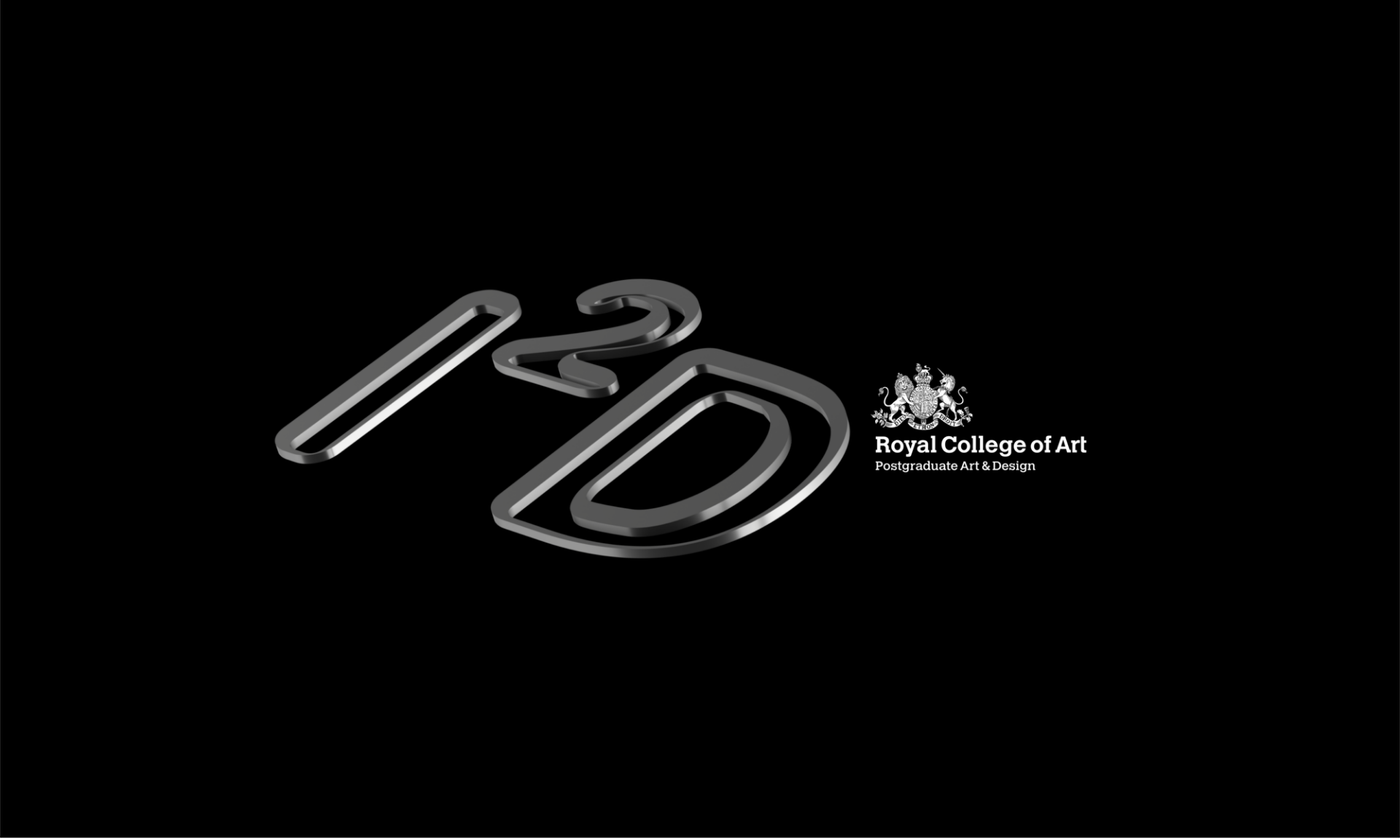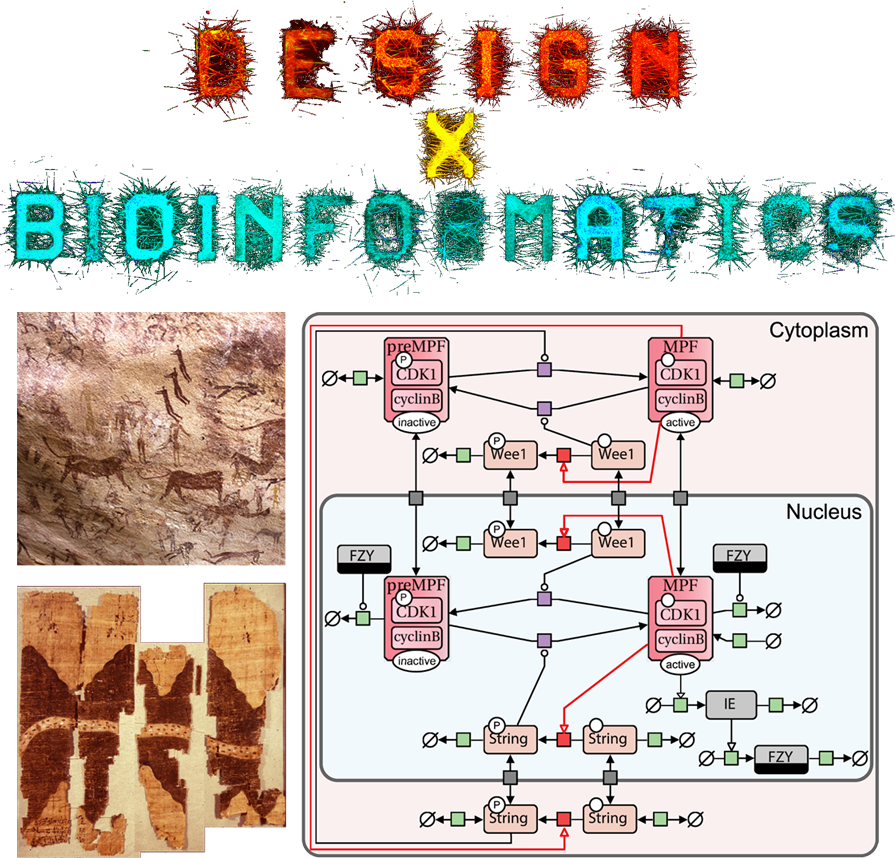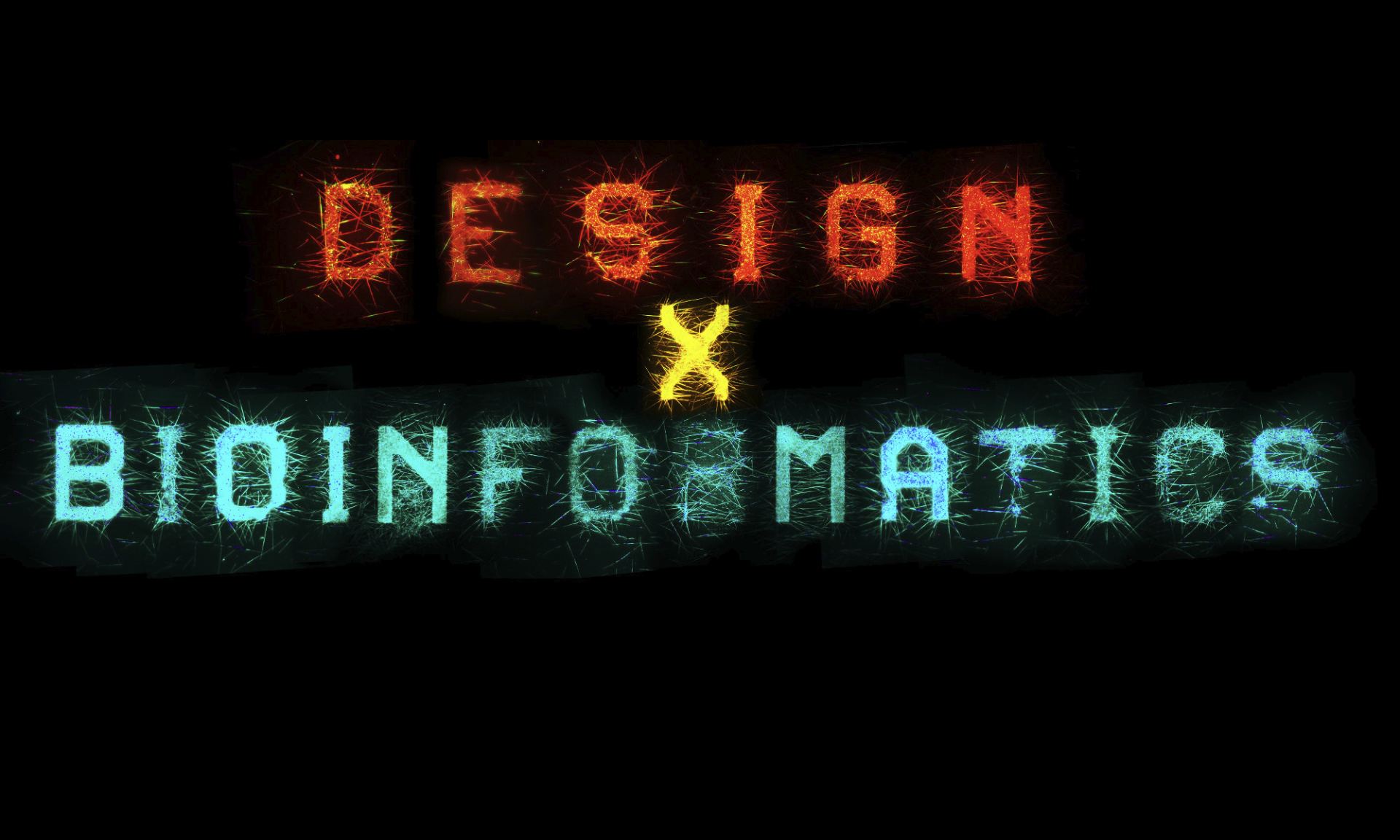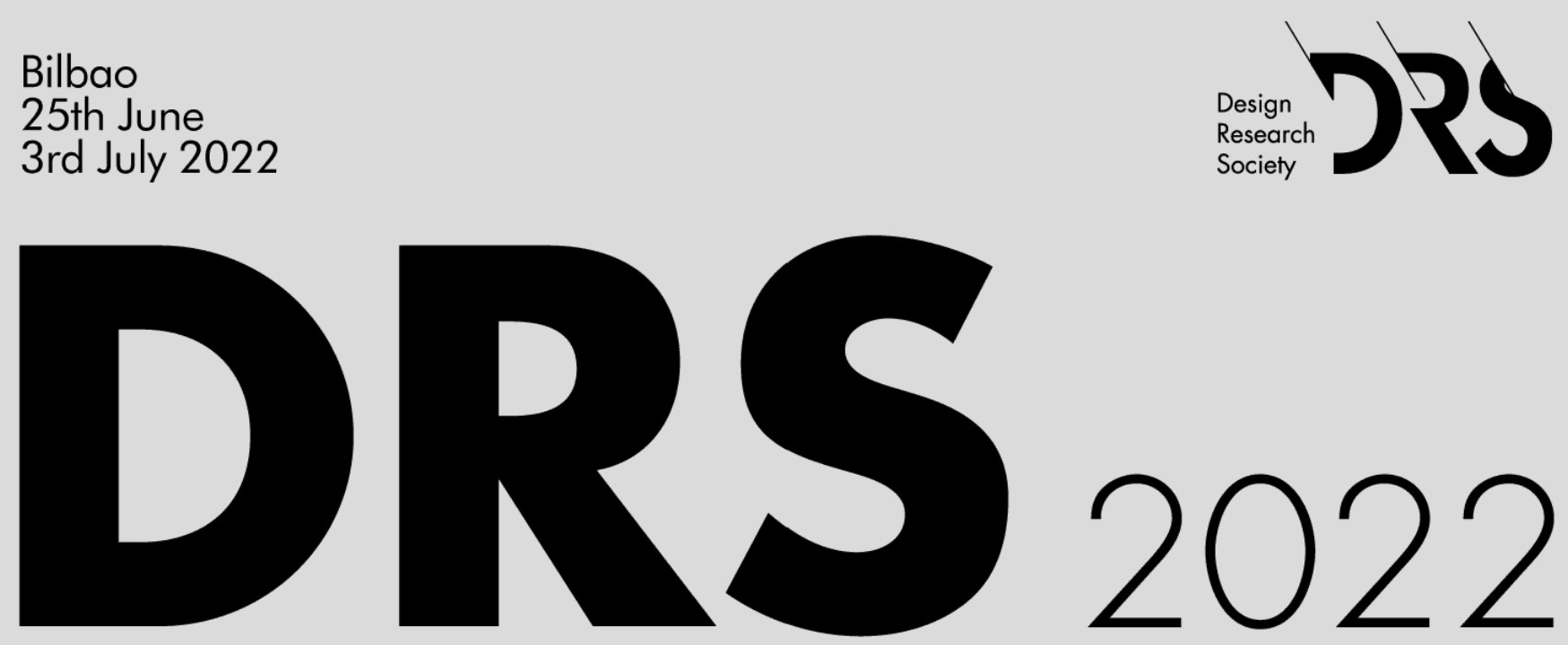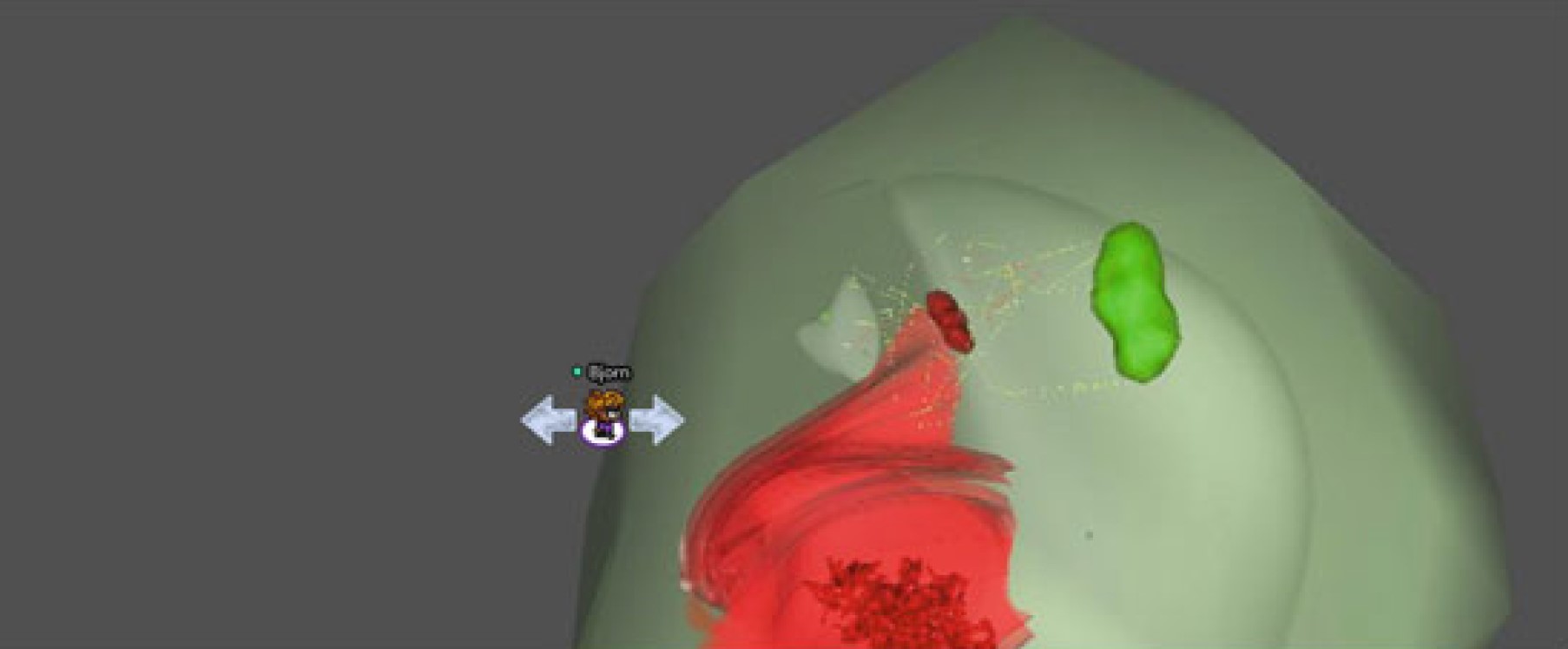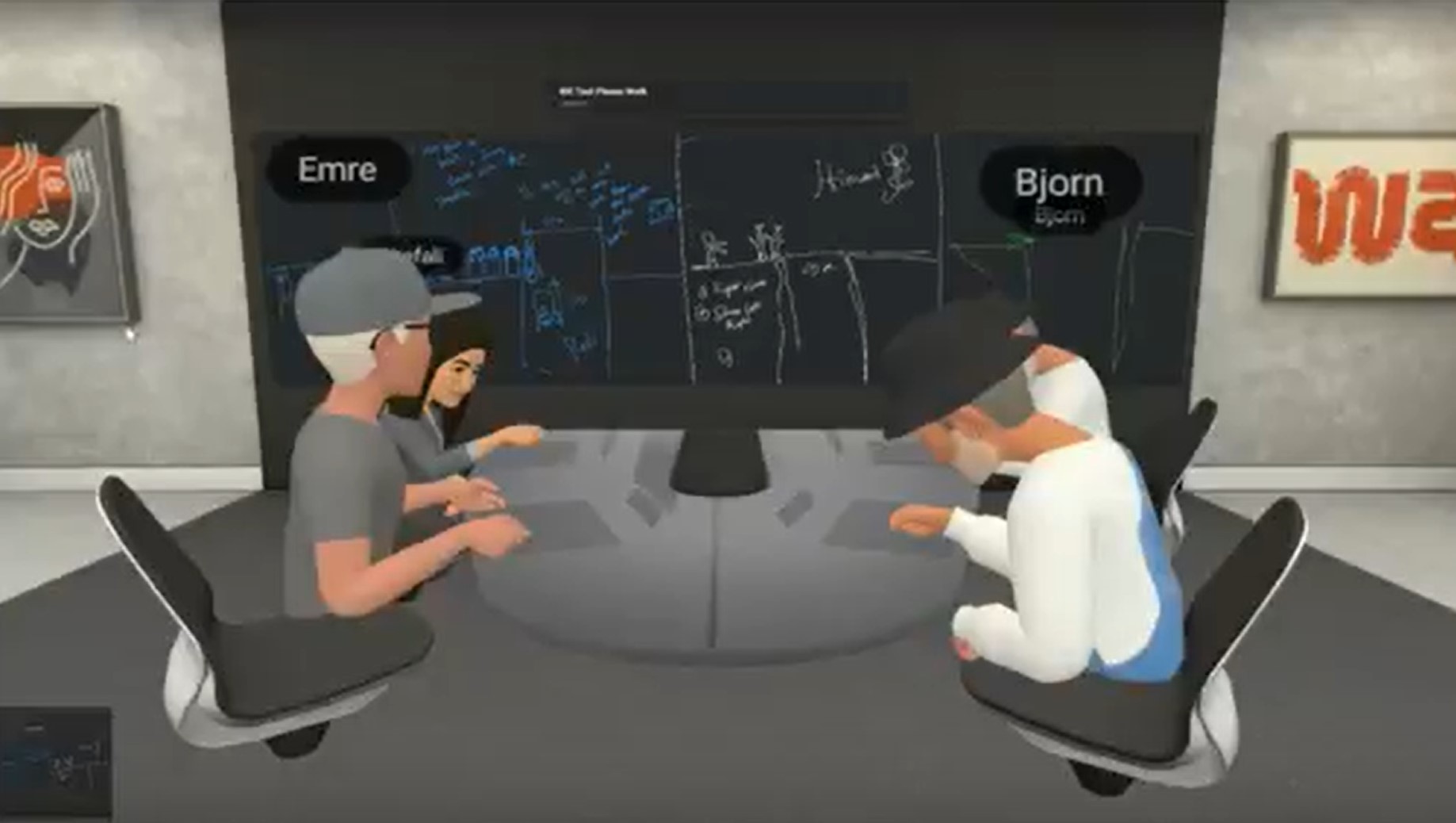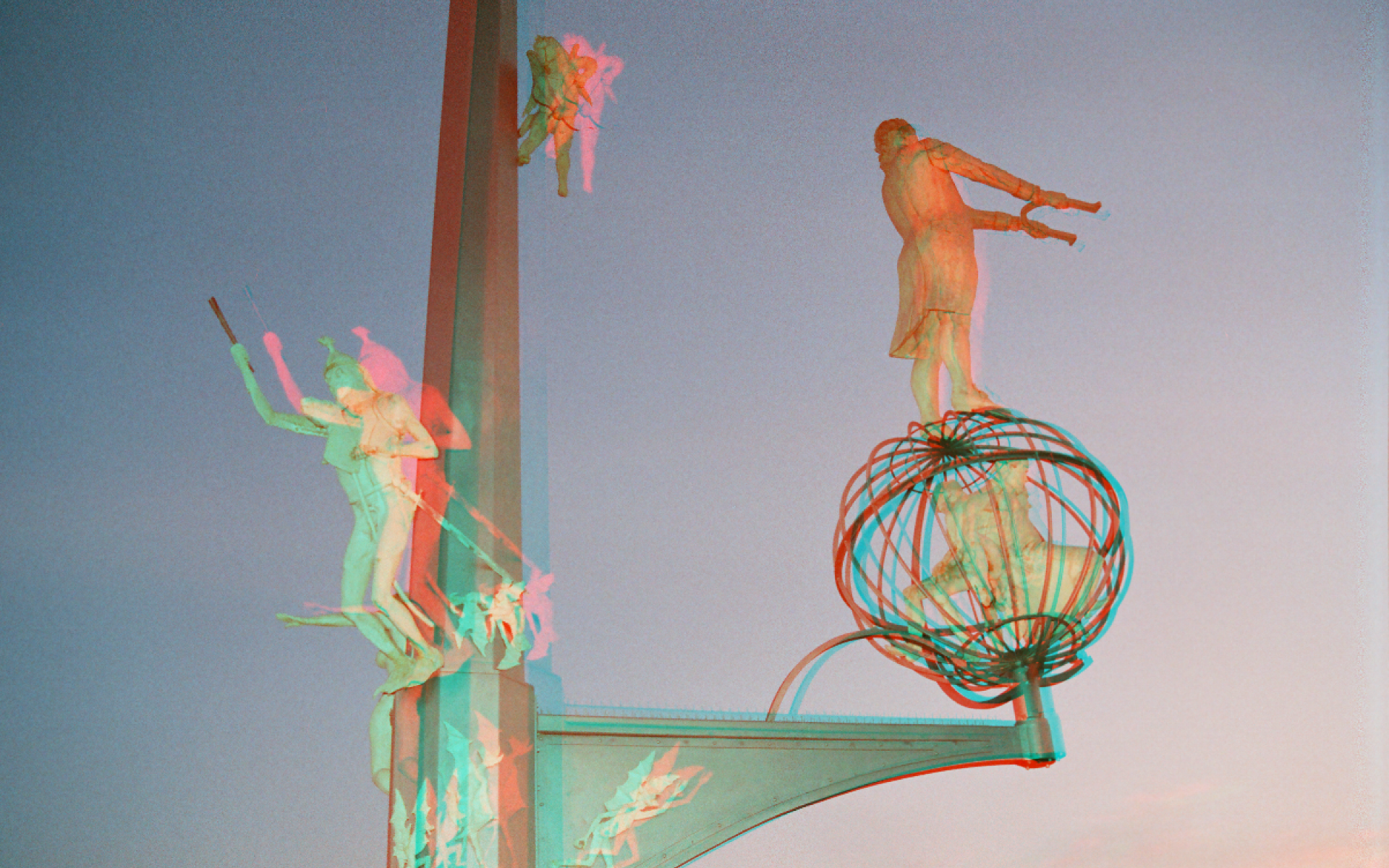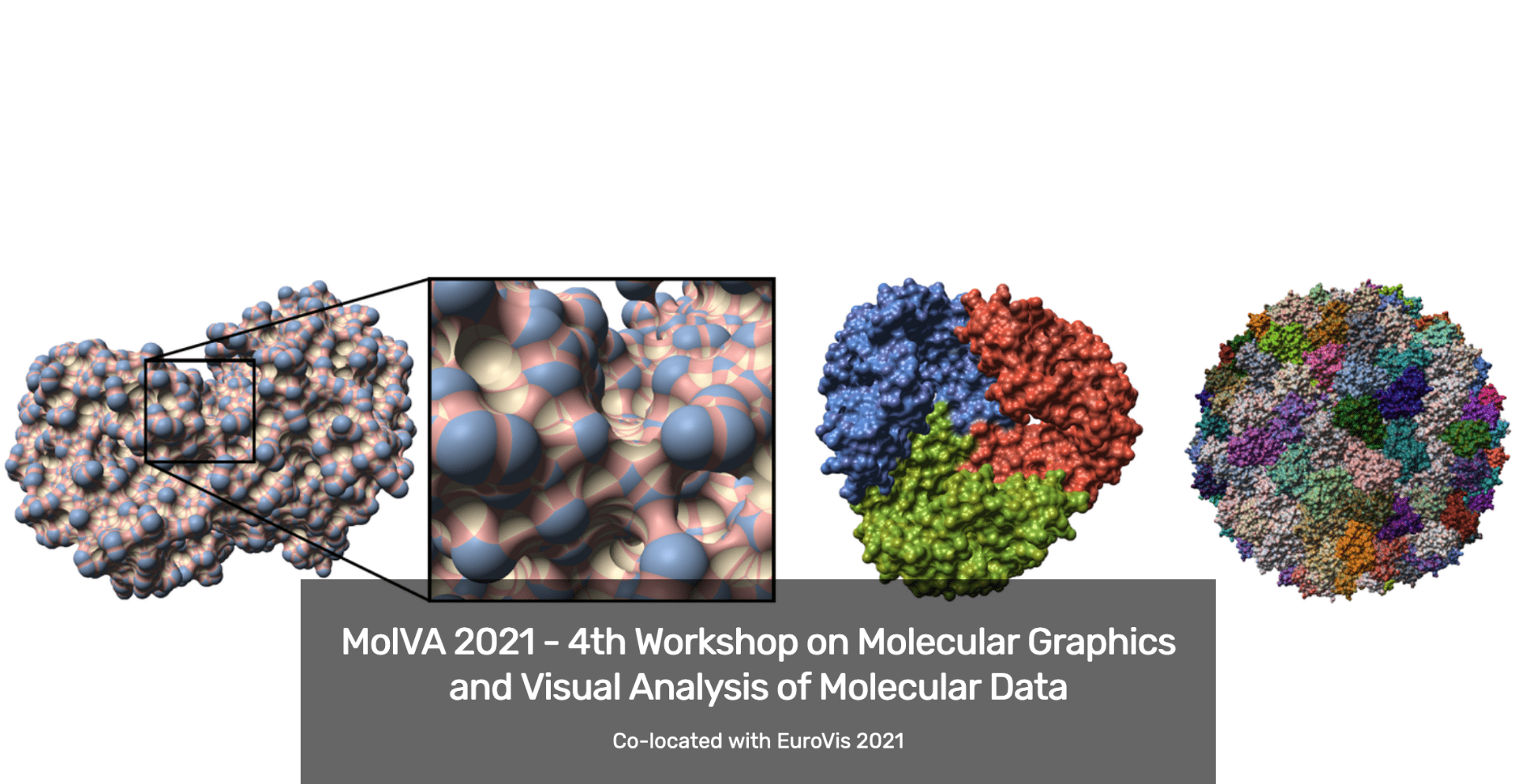02.06.2023 London, 9:30 am to 4:30 pm (UK time)
A Student Workshop at Royal College of Art 2023
Since the era of our cave-drawing ancestors, humans have possessed innate cognitive faculties that are naturally engaged by diagrams. Diagrams notably play a key role in conveying information in biology. Such diagrams can be found, e.g., in every good handbook for biology.
The need for standardizing the representation of biological diagrams became apparent in the 2000’s with the advent of computational systems biology – that focused on building, exchanging and analysing large and complex diagrams representing the molecular events occurring in whole biological systems. Therefore, a community composed of biochemists, modellers, and computer scientists developed, the Systems Biology Graphical Notation (SBGN), a set of standard visual languages designed for the representation of biochemical networks in a consistent and clear manner. But although this standard is now around for a few years, continuously new challenges are coming up which need to be tackled – therefore, the standard and the way it is communicated is continuously evolving.
In 2022, we kicked-off the DESIGN X BIOINFORMATICS initiative with a one day workshop. One of the presentations introduced already the idea of standardization in systems biology.
Therefore, we decided to provide this year on June 2 2023 a workshop introducing and discussing SBGN. During the workshop, you will learn the basics of network biology, get an introduction to SBGN, and you will be introduced to a tool which can be used to draw corresponding maps. Two SBGN developers will be present at the workshop.
During the design activity, the workshop will explore together with you different ideas how to improve network biology representations and visualizations. We will come up with three different briefs and you will work in groups to tackle the challenges.
Moreover, we will announce a student competition based on this design activity during the workshop which will run until 18th June!
